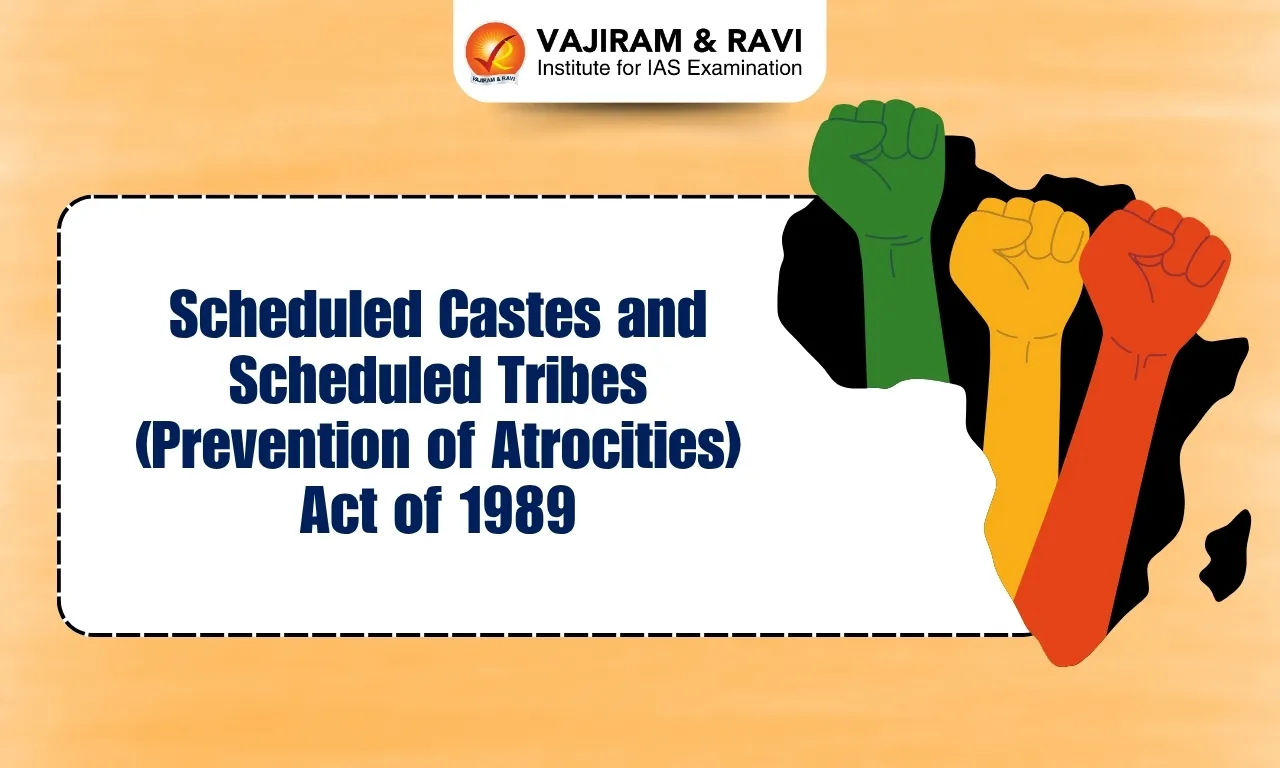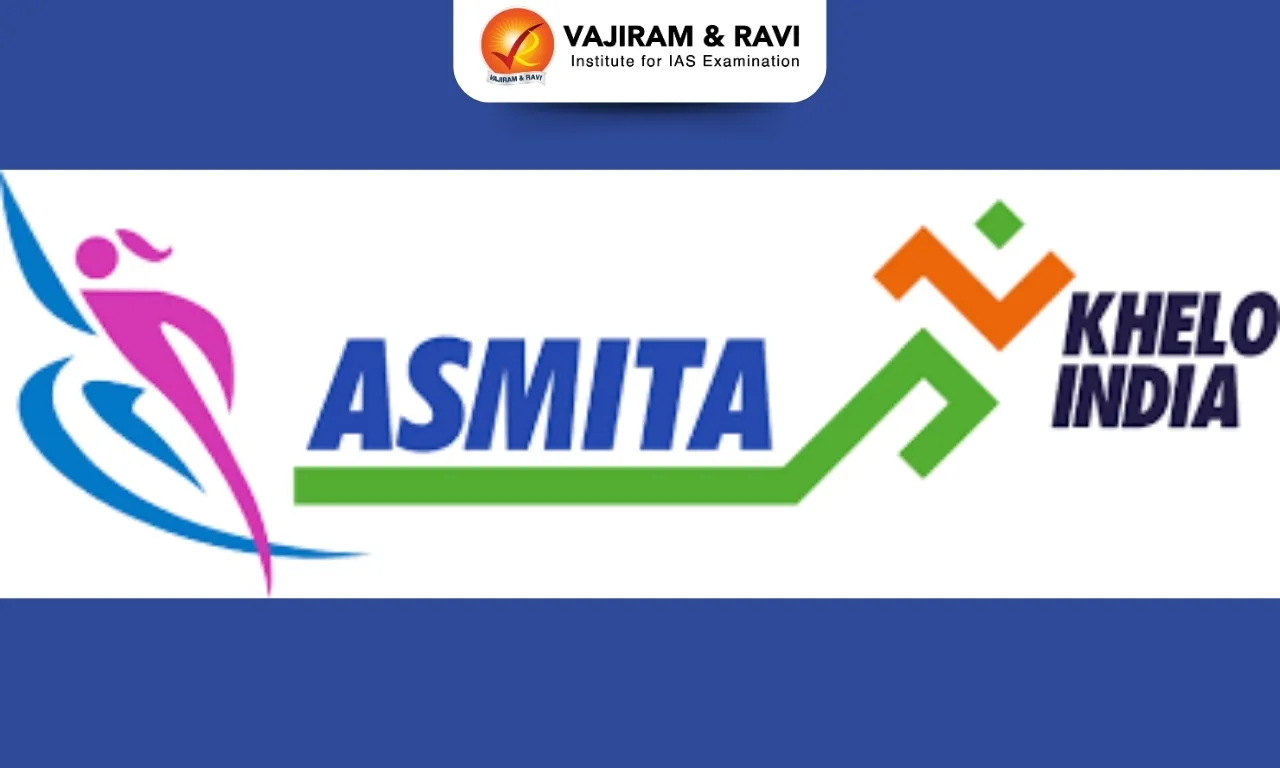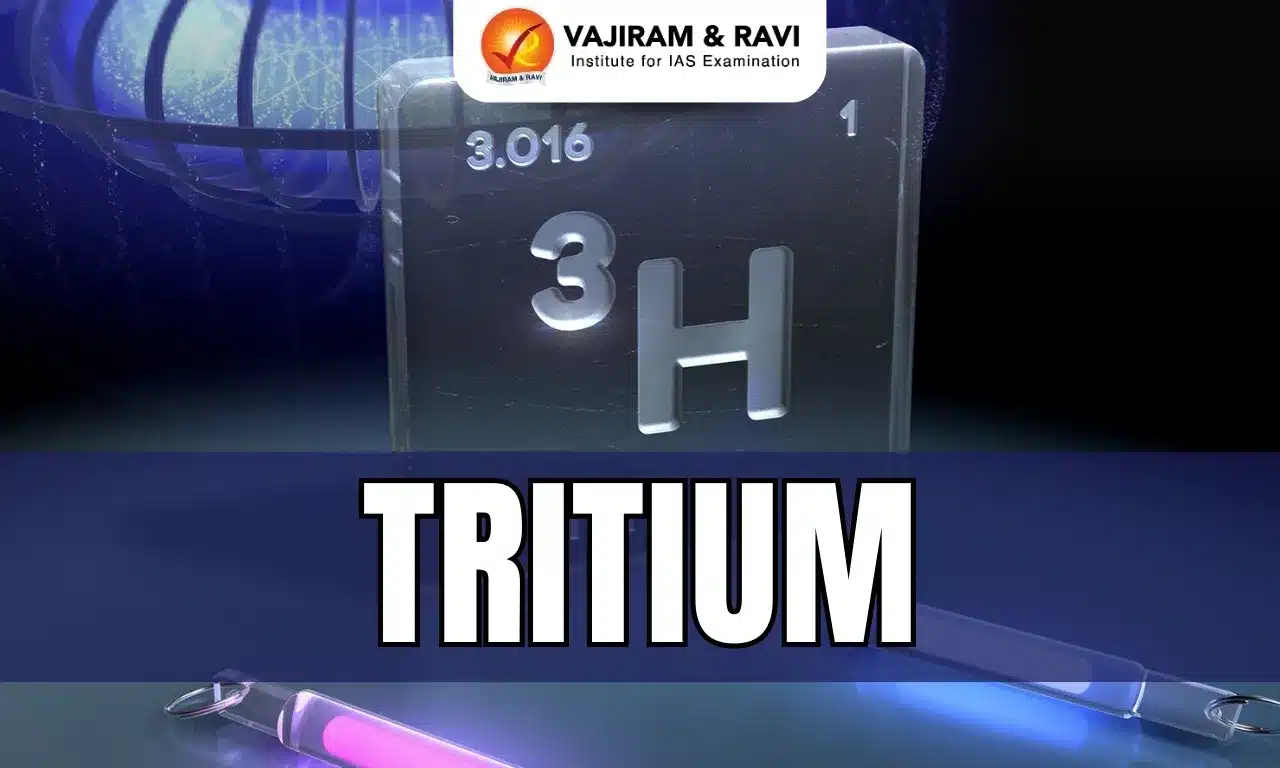Scheduled Castes and Scheduled Tribes (Prevention of Atrocities) Act, 1989 Latest News
The Madras High Court recently held the police cannot conduct preliminary inquiry on receipt of complaints disclosing cognisable offences under the Scheduled Castes and Scheduled Tribes (Prevention of Atrocities) Act of 1989 and that the law enforcing agency should straightaway register FIRs against the suspects.
About Scheduled Castes and Scheduled Tribes (Prevention of Atrocities) Act, 1989
- It is an act to prevent the commission of offences of atrocities against the members of the Scheduled Castes (SCs) and the Scheduled Tribes (STs) by persons other than SCs and STs.
- It provides for punishment for offences of atrocities committed against SCs and STs.
- It authorizes the Central Government to frame rules for carrying out the purpose of the Act.
- The Act is implemented by the respective State Governments and Union Territory Administrations, which are provided due central assistance under the Centrally Sponsored Scheme for effective implementation of the provisions of the Act.
- In 2015, it was amended to expand offences of atrocities and strengthen legal safeguards for victims and witnesses. The amendments came into force on 26 January 2016.
- Offences:
- This Act does not apply to crimes committed between SCs and STs or between STs and SCs.
- There are 37 offences included in the Act that involve patterns of behaviour inflicting criminal offences and breaking the self-respect and esteem of the SCs and STs community.
- Among these are the denial of economic, democratic, and social rights, as well as the exploitation and abuse of the legal system.
- Investigation:
- All offences listed in the Act are cognizable.
- An investigation of offence committed under the Act cannot be investigated by an officer not below the rank of Deputy Superintendent of Police (DSP).
- The investigation should be completed within 30 days, and the report should be sent directly to the director of the state police.
- Special Courts:
- The act clearly states the constitution of special courts for hearing cases on atrocities against SCs and STs.
- For the purpose of providing for a speedy trial, the State Government shall, with the concurrence of the Chief Justice of the High Court, establish in each district a Court of Session to be a Special Court exclusively to try the offences under this Act.
- The exclusive Special Courts shall try offences under this Act on a day-to-day basis.
- For every Special Court, the State Government shall specify a Public Prosecutor or appoint an advocate who has been in practice as an advocate for not less than seven years, as a Special Public Prosecutor for the purpose of conducting cases in that Court.
- Punishment:
- The minimum punishment in most cases is six months of imprisonment, while the maximum is a five-year sentence with a fine.
- In some cases, the minimum is enhanced to one year, while the maximum goes up to life imprisonment or even a death sentence.
- Section 4 of the act deals with punishment for neglect of duties by a public servant. According to this section, if a public servant, who is not a member of the SC or ST, deliberately neglects his duties, which he should perform under the Act, he is liable for punishment with imprisonment up to six months.
- Immediate Relief:
- According to the Scheduled Castes and Scheduled Tribes (Prevention of Atrocities) Rules, 1995, the District Magistrate or the Sub-Divisional Magistrate, or any other Executive Magistrate, shall make arrangements for providing immediate relief in cash or in kind, or both, to the victims of atrocity, their family members, and dependents.
- Such immediate relief shall also include food, water, clothing, shelter, medical aid, transport facilities, and other essential items necessary for human beings.
Source: TH
Last updated on July, 2025
→ UPSC Notification 2025 was released on 22nd January 2025.
→ UPSC Prelims Result 2025 is out now for the CSE held on 25 May 2025.
→ UPSC Prelims Question Paper 2025 and Unofficial Prelims Answer Key 2025 are available now.
→ UPSC Calendar 2026 is released on 15th May, 2025.
→ The UPSC Vacancy 2025 were released 1129, out of which 979 were for UPSC CSE and remaining 150 are for UPSC IFoS.
→ UPSC Mains 2025 will be conducted on 22nd August 2025.
→ UPSC Prelims 2026 will be conducted on 24th May, 2026 & UPSC Mains 2026 will be conducted on 21st August 2026.
→ The UPSC Selection Process is of 3 stages-Prelims, Mains and Interview.
→ UPSC Result 2024 is released with latest UPSC Marksheet 2024. Check Now!
→ UPSC Toppers List 2024 is released now. Shakti Dubey is UPSC AIR 1 2024 Topper.
→ Also check Best IAS Coaching in Delhi
Scheduled Castes and Scheduled Tribes (Prevention of Atrocities) Act, 1989 FAQs
Q1. Who is responsible for implementing the provisions of the SC/ST Act?+
Q2. How many offences are listed under the Scheduled Castes and Scheduled Tribes (Prevention of Atrocities) Act, 1989?+
Q3. What is the minimum punishment for most offences under the Scheduled Castes and Scheduled Tribes (Prevention of Atrocities) Act, 1989?+
Q4. Who can investigate offences under the SC/ST (Prevention of Atrocities) Act?+
Q5. What is the maximum time frame within which an investigation under the SC/ST (Prevention of Atrocities) Act should be completed?+
Tags: Prelims Pointers scheduled castes and scheduled tribes act upsc current affairs upsc prelims current affairs















